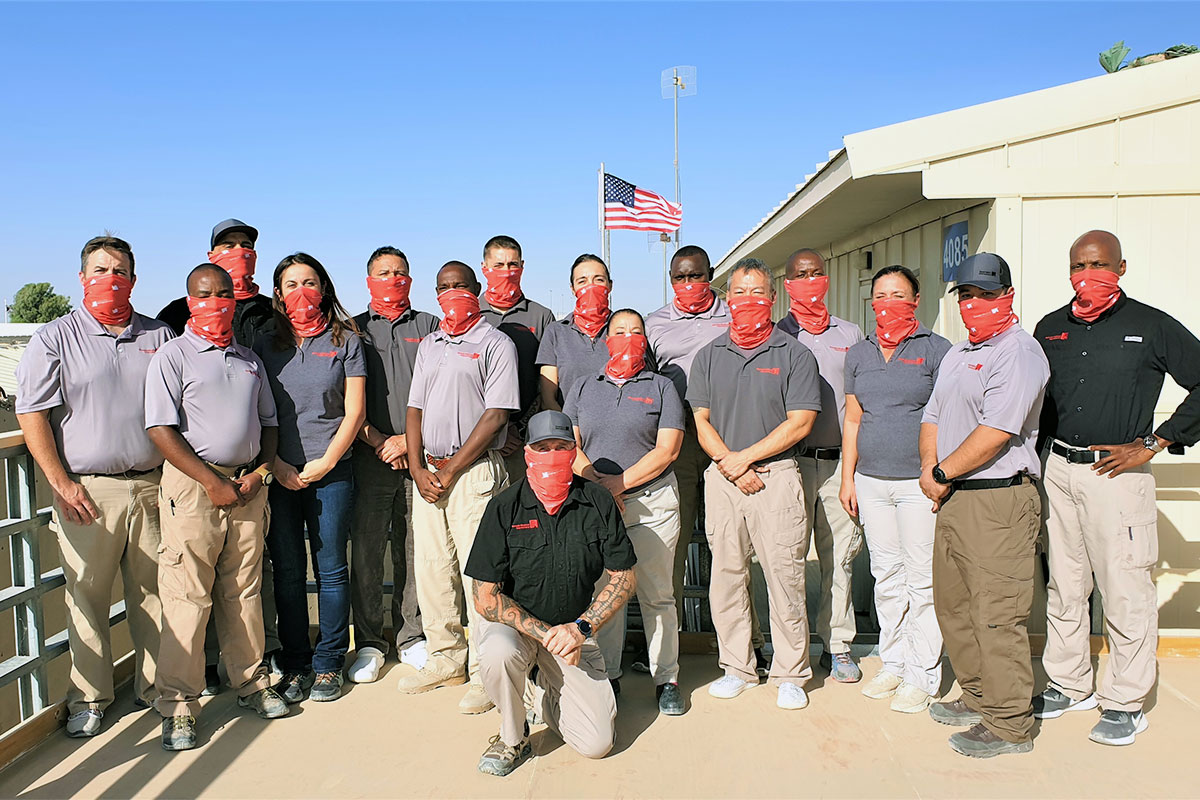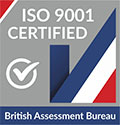The weather at Everest Basecamp can be very unpredictable. Mostly, when it snows or the clouds move in it is just a little less comfortable, but at other times it can be the difference between life and death. The past few days at BC have seen really bad weather, cold with lots of snow and wind. In that same time there have been a few people who needed to be evacuated by helicopter, but have had to wait due to the poor conditions.
Unfortunately, in the midst of this bad weather a major medical emergency occurred. Some small bottles of whiskey came into basecamp that contained Methanol in them, which is a toxic poison if ingested. Two people drank this whiskey. Right away I heard the Himalayan Rescue Association needed help and went over to see if I could do anything. Watching the doctors move around and working was seeing remote medicine at it’s finest. The patient that they were helping was very sick, and my Wilderness EMT skills were greatly appreciated. One of the first things to do as care providers was to think of all the things that could go wrong and how we would deal with them. The most important priority for this patient was airway, and with no suction device present, we immediately went to work on fashioning an improvised suction that could remove the fluid in the airway that we couldn’t get to any other way. It was amazing to see everyone take inventory of what we had and start thinking outside of the box just like we teach in all of our wilderness medicine courses.
Once we were able to manage the airway, evacuation become our next priority. It was snowing outside and it didn’t look good for a daytime evacuation, which meant preparing shifts to take care of the patient through the night. So much of taking care of this really sick patient was basic ABC care and watching for any changes that might tell us what was going on inside of this patient. In addition, we had to maintain IV fluid, foley catheter and simple cardiac monitoring. It truly made me realize the value of teaching these skills in the Remote Medical Wilderness EMT course to future WEMT graduates that could be in this situation.
At first light we received word that a helicopter would be coming.  We quickly secured the patient and prepared him for transport as a whole team of people prepared a litter for carrying.  I was elected to stay at the patients head and manage the airway as we carried him to the helicopter pad, about 1/4 of a mile away from the clinic over rocky (and snow covered) terrain.  We prepared a group of 7 to carry the litter and headed out.  As we were walking, the helicopter landed and then took off again.  I couldn’t worry too much about what was happening, as I had to worry about the steps in front of me, but I did wonder where that helicopter went.  Once we got close to the landing pad, we got word that the helicopter hadn’t been able to idle and instead took another two patients out who were already at the pad when the helicopter landed.  I, and all the other rescuers, felt disappointed  but we were assured another helicopter was on the way, just as we watched more clouds move up.  We waited for almost an hour, then decided we needed to get the patient back to the clinic and hope for a helicopter the next day.
The doctors at the HRA, and 3 other doctors from around base camp, did such an amazing job of stabilizing this patient. Â Everyone really came together, and much to everyones surprise his condition began to improve over the next day. Â It was such a great sign, especially knowing that we would have another full night ahead of us. Â Fortunately, a helicopter was able to land at first light the next day, and the patient was transported to a hospital in Kathmandu in stable condition, which was a big improvement from the critical condtion that we started with. No doubt the outcome would have been different if everyone hadn’t been so dedicated to helping and also willing to really practice remote medicine and think outside of the box.


